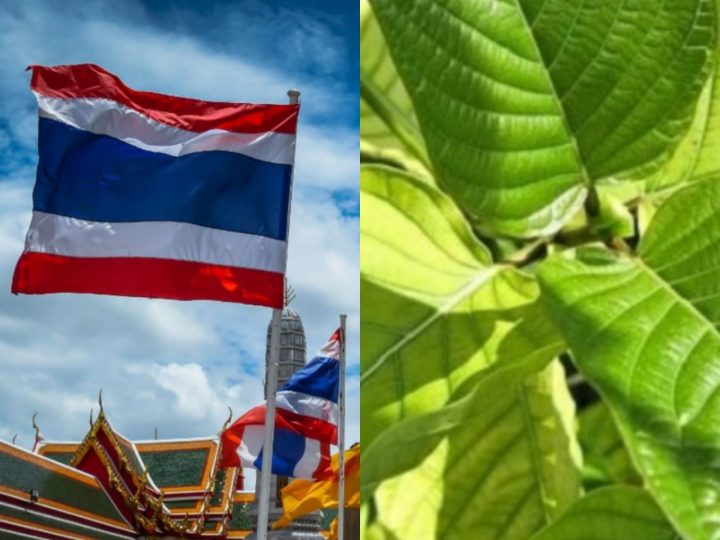Al-Ma’unah: Decoding Malaysia’s Infamous Insurgency Of 2000
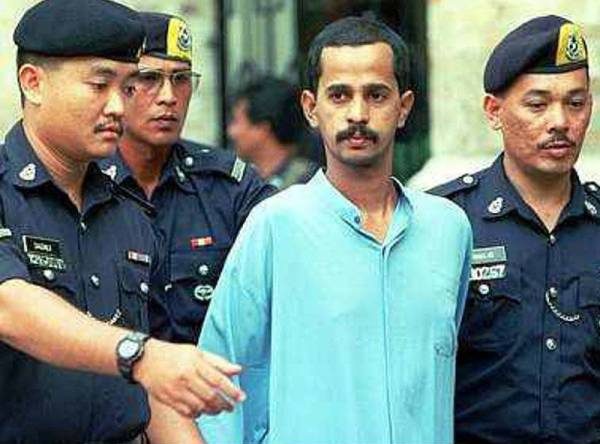 Thirsty for JUICE content? Quench your cravings on our Instagram, TikTok and WhatsApp
Thirsty for JUICE content? Quench your cravings on our Instagram, TikTok and WhatsApp

In Malaysia’s historical records, the term “Al-Ma’unah” signifies a grim and unsettling period, characterised by daring raids, intense standoffs, and the clash of extremist beliefs.
This detailed account aims to peel back the layers of the Al-Ma’unah siege, offering a comprehensive understanding of its origins, impact, and lasting legacy:
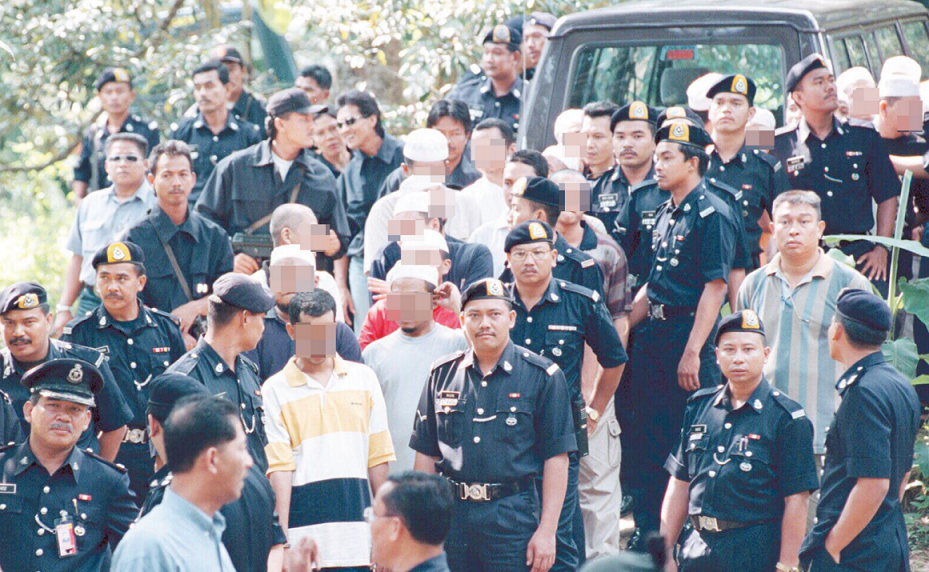
Origins And Ideology Of Al-Ma’unah
Al-Ma’unah, formally known as Persaudaraan Ilmu Dalam Al-Ma’unah (Brotherhood of Al-Ma’unah’s Inner Power), emerged as a spiritual Islamist militant group rooted in Malaysia.
The group’s ideology, led by a fanatical ex-army private Mohamed Amin Mohamed Razali, blended elements of Islamic mysticism with militant fervour, portraying itself as a guardian of traditional Islamic values and teachings.
Central to Al-Ma’unah’s ethos was the concept of “Ma’unah,” interpreted as the extraordinary manifestations of divine power bestowed upon ordinary Muslims.
This mystical belief served as a rallying cry for the group’s members, imbuing them with a sense of purpose and spiritual authority.
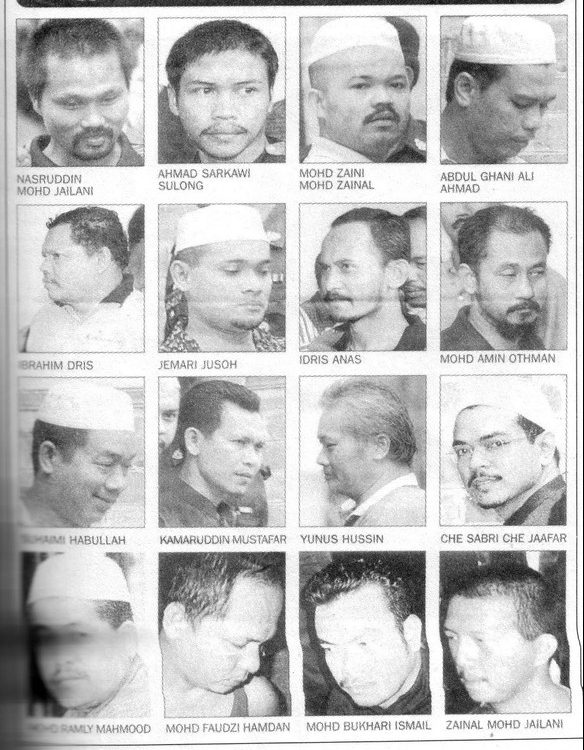
Operational Scope And Membership
Al-Ma’unah’s purported reach extended beyond Malaysia’s borders, encompassing adherents in Brunei, Singapore, Egypt, and Saudi Arabia.
The group’s self-proclaimed membership numbered around 1000 ikhwan, or brethren, reflecting a transnational network united by shared religious fervour and militant aspirations.
Despite its spiritual veneer, Al-Ma’unah engaged in clandestine activities, including the teaching of martial arts, inner power development, and traditional Islamic medicine.
It is believed that this mix of disciplines served to cultivate a sense of superiority and invincibility among its members, bolstering their resolve to defend Islam at any cost.
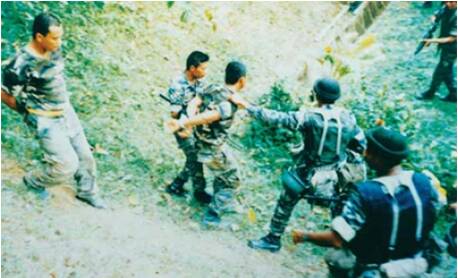
The Sauk Siege
The climax of Al-Ma’unah’s notoriety unfolded on 2 July 2000, with a brazen raid on a Malaysian Army Reserve camp in Gerik, Perak.
Disguised as senior military officers, approximately 20 members of Al-Ma’unah infiltrated the camp under the guise of conducting a surprise inspection. They were believed to have a forged letter from the Defence Ministry, using an authentic letterhead.
Exploiting weaknesses in military security protocols, the insurgents seized a cache of weaponry and ammunition.
Among them were 97 M16 assault rifles, two Steyr AUG rifles, four GPMGs, six light machine guns, five grenade launchers, 182 M16 magazines, eight extra barrels of GPMGs, three extra barrel of LMGs, 26 bayonets, 9,095 rounds of 5.56mm ammunition, and 60 rounds of 40mm ammunition.
The audacity of their actions sent shockwaves across the nation, exposing glaring lapses in military preparedness and vigilance.
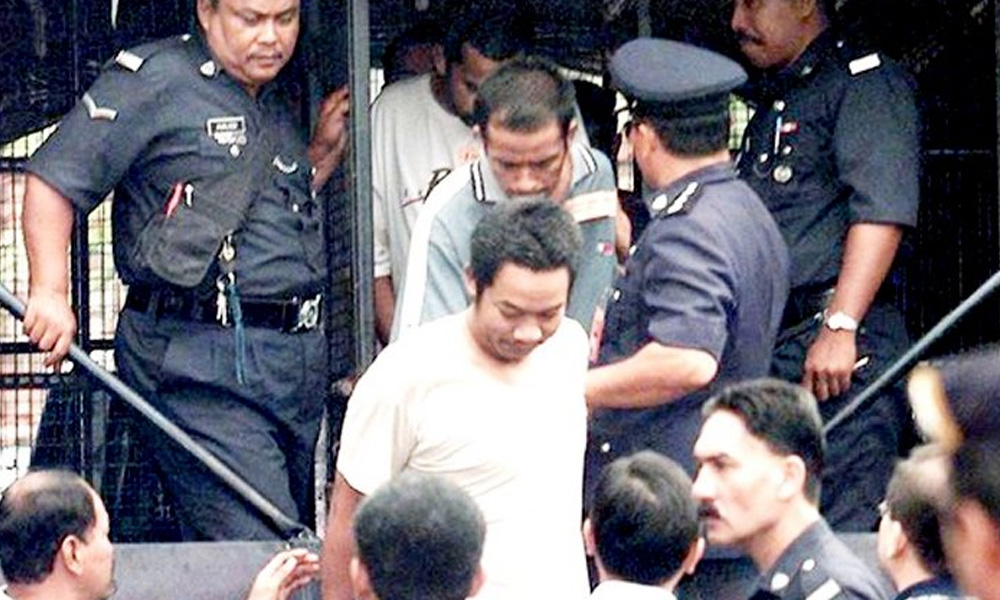
Standoff And Confrontation
Having acquired their arsenal, the group proceeded southward, covering a distance of 100km, and took refuge in Sauk village near Kuala Kangsar.
They issued an ultimatum, demanding the resignation of then Prime Minister Dr. Mahathir Mohamad within 24 hours, threatening to launch a “holy” war and besiege Kuala Lumpur if their demand wasn’t met.
Amin, characterised by his extremist Islamic beliefs, dispatched some members to carry out bombings at the Anchor and Carlsberg breweries in Petaling Jaya and the Hindu temple in Batu Caves.
However, these attacks resulted in minimal damage. It was later speculated that Amin simply aimed to instigate a coup or provoke racial and religious tensions through these actions.
In response, law enforcement surrounded the Al-Ma’unah camp, and a team of security personnel was deployed to breach its perimeter. Unfortunately, three individuals – police personnel Mohd Shah Ahmad and R Saghadevan, along with army officer Matthew Medan – were captured by Al-Ma’unah.
Additionally, a civilian named Jaafar Puteh, who unknowingly wandered into the camp while searching for durians, was also taken hostage.
The security personnel endured torture at the hands of Al-Ma’unah members, tragically resulting in Matthew being fatally shot by a member of the group.
Following three days of a tense standoff, a confrontation erupted between Al-Ma’unah members and security forces, leading to a shootout. In the ensuing chaos, one Al-Ma’unah member was killed. In a retaliatory act, Amin took the life of Saghadevan.
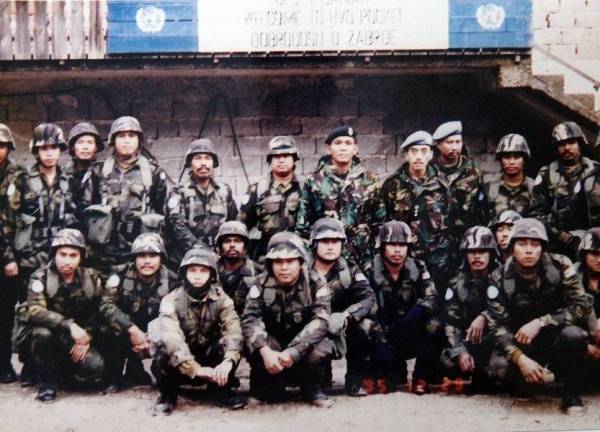
The Denouement
The denouement of the Sauk siege unfolded in a flurry of violence and apprehension. Malaysian security forces, spearheaded by elite units such as the army’s 22nd Group Gerak Khas (22nd GGK) and police VAT 69 Pasukan Gerakan Khas, launched Operation Dawn to neutralise the insurgents in Bukit Jenalik.
Realising they were surrounded, Amin and his group finally agreed to surrender. However, during the surrender, Amin lost his temper and attempted to shoot Army Field Commander Zaini Mohamad Said at point-blank range.
Zaini swiftly disarmed Amin, causing Amin’s shot to inadvertently kill his own comrade, Abdul Halim Ali.
Amin and his followers were subsequently brought to trial on various charges, including waging war against the Agong. Amin, along with two of his top lieutenants, Zahit Muslim and Jamaluddin Darus, received death sentences. Additionally, cult member Jemari Jusoh, who executed Iban commando Matthew, was also sentenced to death.
Fifteen other members received life imprisonment from the Kuala Lumpur High Court on 28 December 2001, for charges related to waging war against the Yang di-Pertuan Agong or State Ruler under Section 121 of the Penal Code.
Ten other members, who pleaded guilty to preparing to wage war against the Yang di-Pertuan Agong, were each sentenced to 10 years’ imprisonment by the High Court.
Amin met his fate on 4 August 2006, through hanging, following the executions of Zahit, Jamaluddin, and Jemari a week prior.
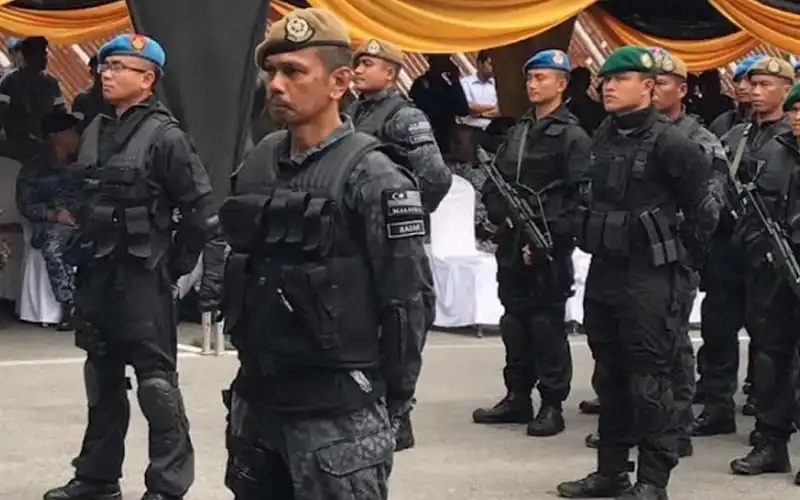
Impact And Legacy
The aftermath of the Al-Ma’unah siege extended well beyond Sauk, leaving a lasting impact on the collective consciousness of Malaysia.
From a societal stance, the event emphasised the threat of religious extremism, leading Malaysian authorities to take decisive action against deviant activities and ideologies.
Politically, the siege stirred allegations of government complicity and incompetence, with some speculating that it was orchestrated to serve political agendas.
Questions lingered regarding the ease with which Al-Ma’unah breached military defences, inevitably fuelling suspicions of collusion or negligence at the highest levels of power.

In 2023, as the local police force commemorated its 216th Police Day, Free Malaysia Today reported a detailed recollection of the negotiating prowess displayed by Abdul Razak Yusoff, a member of the elite police VAT69 unit, as he faced the leader of the Al-Ma’unah group.
Assigned with the crucial task of securing a peaceful surrender, Razak engaged in discussions with Al-Ma’unah leader Amin Razali at the group’s stronghold in Bukit Jenalik, near Kuala Kangsar.
Facing a tense situation where lives hung in the balance, it is said that Razak remained composed and focused, despite the challenges presented by Amin’s radical ideology and his claimed expertise in religious matters.
The negotiation, spanning over two hours, delved into various contentious issues, including Amin’s distorted interpretation of Islam and the grave risks posed by the group’s actions.
Despite moments of tension, Razak’s handling of the negotiation ultimately led to Amin’s agreement to surrender. His valour and leadership in dismantling the terrorist threat earned him the nation’s highest gallantry award, the Seri Pahlawan Gagah Perkasa, in 2000.
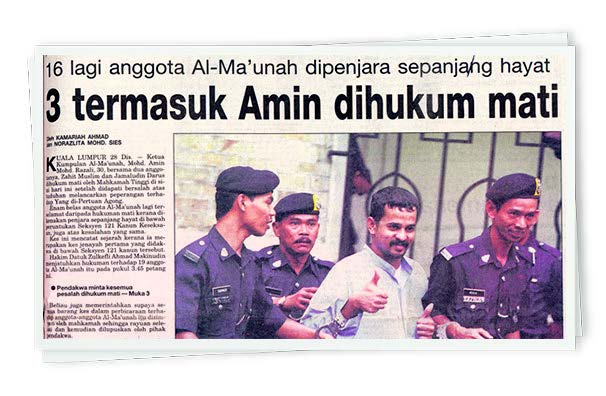
Today, Malaysia continues to navigate its socio-political landscape, the insights drawn from the Al-Ma’unah saga still incredibly relevant.
Apart from emphasising the need for vigilance, resilience, and a strong dedication to preserving the nation’s integrity, the wounds of Sauk are a powerful reminder of the dangers of extremism and the nation’s ongoing quest for peace and stability.
Our heartfelt condolences go out to the victims and their families affected by the Al-Ma’unah siege. We stand firmly in solidarity with each and every one of them.


 Get Audio+
Get Audio+ Hot FM
Hot FM Kool 101
Kool 101 Eight FM
Eight FM Fly FM
Fly FM Molek FM
Molek FM

